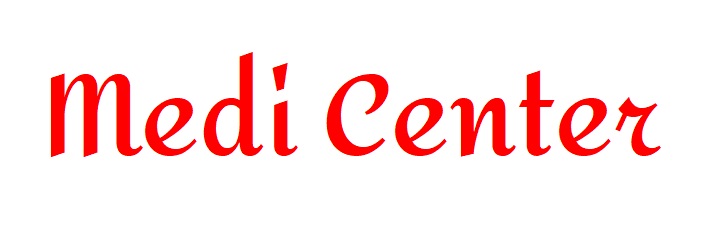"Fake and Adulterated Vinegar Threatens Turkey's Export Potential"
Discover how counterfeit vinegar threatens Turkey's export potential and learn to identify authentic vinegar. Explore its health benefits and role in reducing food waste. Counterfeit vinegar undermines Turkey's $1.5 billion global potential. Learn to spot authentic vinegar, its health benefits, and how it prevents food waste.

"Fake and Adulterated Vinegar Threatens Turkey's Export Potential"
How to Identify Authentic Vinegar and Its Health Benefits
As winter sets in and flu cases rise, experts are urging consumers to choose natural vinegar for its antimicrobial properties. At a recent press conference held by Kemal Kükrer, industry leaders highlighted Turkey's vast potential in vinegar production and the dangers posed by counterfeit and adulterated products.
Turkey's Untapped Vinegar Export Potential
According to Berna Portakal, Food Engineer and Executive Board Member at Ajinomoto Istanbul, Turkey ranks far behind in global vinegar exports. Despite a $1.5 billion global market, Turkey's export value is only $30 million, keeping it out of the top 30 exporting countries.
“Counterfeit and adulterated vinegar producers are significantly undermining Turkey's potential in the global market. At Kemal Kükrer, we remain committed to traditional, high-quality production methods without compromising on quality for cost savings,” Portakal emphasized.
What Is Adulterated Vinegar?
Engin Akçelenk, Food Engineer and Quality R&D Manager at Kemal Kükrer, explained:
- Adulteration: Mixing authentic fruit vinegar with cheaper white vinegar to cut costs.
- Imitation: Diluting synthetic acetic acid to mimic vinegar, often resulting in harmful chemical residues.
To differentiate, Akçelenk recommends paying attention to taste. Authentic vinegar offers a balanced acidic and aromatic profile, while counterfeit products often leave a synthetic, unpleasant burn.
Why Homemade Vinegar Might Not Be Vinegar
Akçelenk also warned against homemade vinegars, which often lack the controlled fermentation needed to achieve proper acidity levels.
“Homemade vinegars can end up being fruit cocktails or even dangerous due to residual sugar, which promotes mold and toxins. True vinegar must have less than 0.5% residual alcohol and at least 4% acetic acid,” he stated.
The Science-Backed Benefits of Vinegar
Vinegar's health benefits are supported by scientific research, with studies indicating its impact on:
- Glycemic control and anti-diabetic properties
- Metabolism and weight loss
- Anti-inflammatory and antimicrobial effects
- Oxidative stress reduction
- Potential anti-cancer properties
Berna Portakal highlighted the launch of Kemal Kükrer’s “Sipable Vinegars,” making vinegar consumption easier and more appealing. She recommended consuming three tablespoons of vinegar daily as a natural health supplement.
Sustainability: Vinegar’s Role in Reducing Food Waste
Engin Akçelenk pointed out that vinegar not only enhances flavor but also extends food shelf life by preventing microbial spoilage. “By incorporating natural vinegar into daily cooking, consumers can contribute to reducing food waste at home,” he added.
Summary & Description (Meta Tag)
Summary: Discover how counterfeit vinegar threatens Turkey's export potential and learn to identify authentic vinegar. Explore its health benefits and role in reducing food waste.
Counterfeit vinegar undermines Turkey's $1.5 billion global potential. Learn to spot authentic vinegar, its health benefits, and how it prevents food waste.











